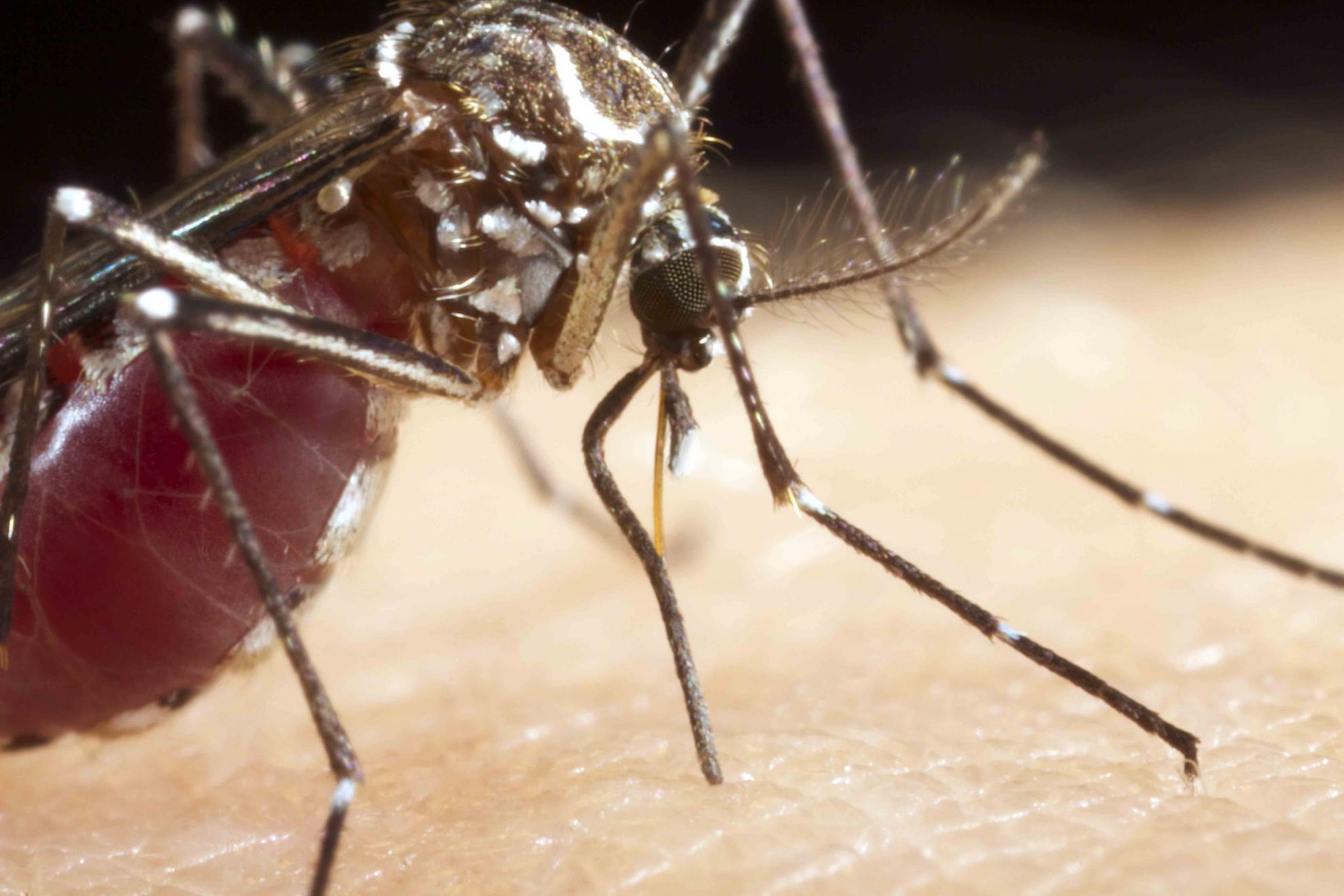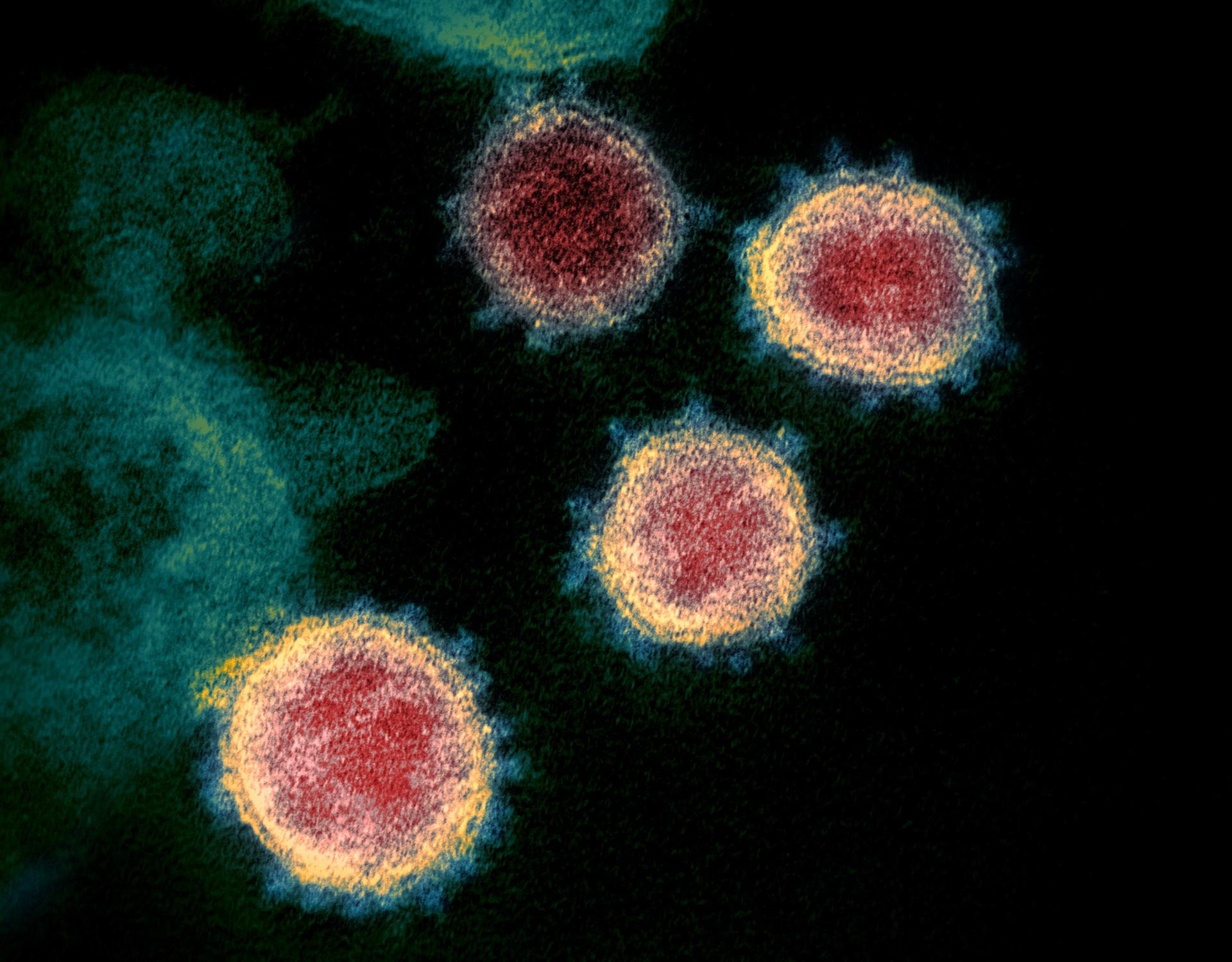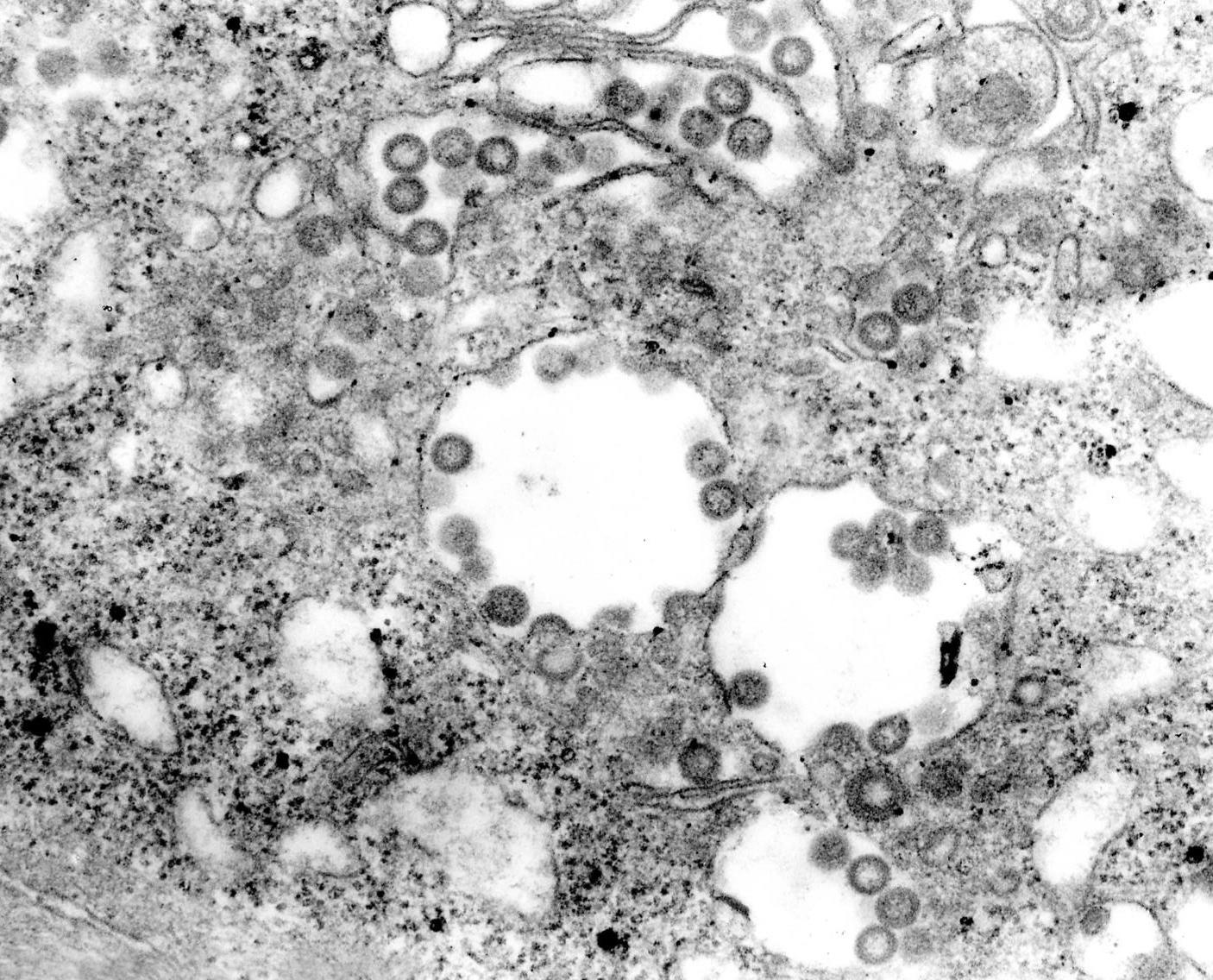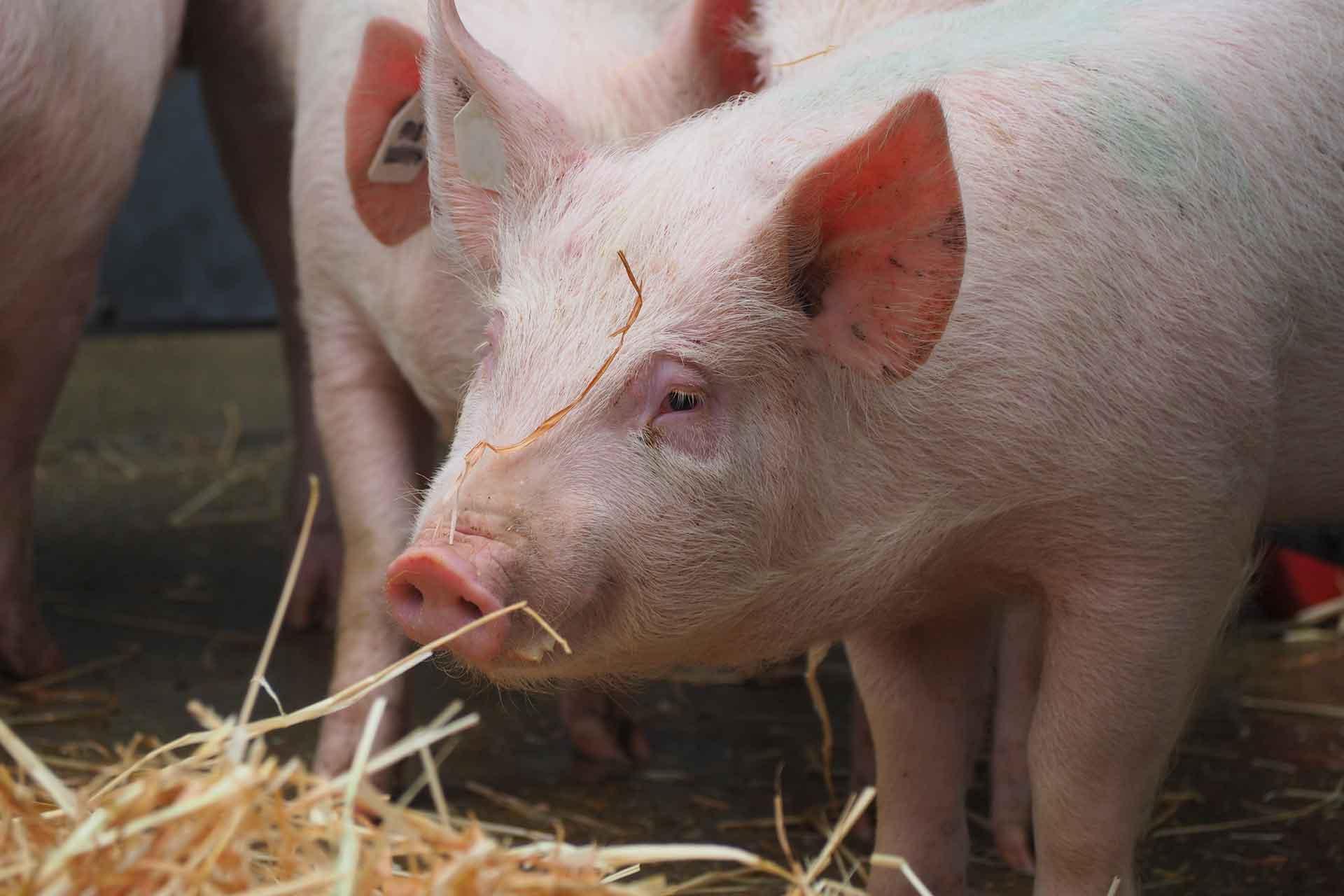Our group
The Bunyavirus Infection Biology group investigates the mechanisms by which zoonotic, emerging bunyaviruses are recognised by the immune systems of their insect vectors and mammalian hosts.
Our research aims to elucidate how this recognition influences viral replication and transmission. A key component of our work involves characterising determinants of bunyavirus pathogenicity, with the goal of informing the development of novel therapeutic strategies.
In addition, we study bunyavirus evolution and its impact on viral pathogenicity and the scale of outbreaks.
Our aims
We want to better understand the intricate interactions between bunyaviruses and the immune systems of mosquitoes, livestock, wildlife, and humans.
We seek to identify the key viral and host factors that influence the replication and dissemination of bunyaviruses within their hosts, the severity of the diseases they cause, and the efficiency of their transmission. Such knowledge will be pivotal in developing strategies to disrupt bunyavirus transmission cycles.
We are also investigating the molecular, cellular and tissue-specific mechanisms by which bunyaviruses induce disease. This will facilitate the identification of early biomarkers for disease outcomes and to help prioritise therapeutic approaches.
Additionally, our research explores how bunyaviruses evolve in their hosts and how this influences pathogenicity, host range and outbreak dynamics.
Ultimately, we aim to leverage this knowledge to predict viral phenotypes from genotypes, enhancing preparedness and informing outbreak prevention and management efforts.
Our research
Our research currently focuses on three main topics.
Rift Valley fever virus host/vector interactions
Rift Valley fever is viral zoonosis in Africa, which affects livestock, wildlife and humans and can be fatal. Rift Valley fever virus (RVFV; Phenuiviridae, Phlebovirus) has been listed by the WHO as a priority pathogen. It is efficiently transmitted by several mosquito species and is maintained by numerous reservoir hosts, which complicates risk assessment of the spread of RVFV into new areas, such as Europe.
Using high containment, molecular virology, immunology, high throughput screening and mathematical modelling approaches our research aims to answer the central research question:
What are the viral and host/vector determinants of RVFV tropism and pathogenesis that may drive disease epidemiology?
What are the viral, host and vector determinants that enable or restrict RVFV in different species? How do different species contribute to RVFV transmission?
Can RVFV obtain greater virulence through intrahost evolution? If so, how does genotype functionally link to phenotype?
Oropouche virus risk to UK public health
Oropouche virus (OROV, Peribunyaviridae) has been circulating in Latin America and the Caribbean for the past 70 years, with sporadic outbreaks in countries such as Brazil and Peru. The latest OROV outbreak is notable because the virus has spread further geographically than it has previously, as far north as Cuba and as far south as Sao Paulo state in Brazil.
In addition, the first recorded cases of mortality from OROV infection were reported, as well as several cases of early-term abortions as a result of OROV infection. There have already been cases imported by travellers into Europe and the US, prompting public health concern in the UK, especially with virus transmission in Latin America and the Caribbean expected to increase further over the coming months.
The virus is transmitted via biting insects – the main transmission vector is thought to be the midge Culicoides paraensis, which is found throughout the Americas. It is likely that OROV can be transmitted by other species of biting midges and mosquitoes, too, including some of those present in the UK and mainland Europe.
Ongoing work focuses on determining the competence of UK mosquitoes and biting midges to transmit OROV. Data generated will help assess the risk of OROV spread following a possible virus incursion into the UK.
Interferons for treatment of arboviral fevers and livestock diseases
Interferons (IFNs) are a family of pleiotropic cytokines produced by immune and stromal cells that exhibit potent antiviral, antiproliferative, apoptotic, and immunomodulatory activities.
These effects are mediated by induction of a set of cellular genes upon binding of type I, II and III interferons to their respective receptors. Receptor binding induces downstream signalling and, collectively, interferon-stimulated genes mediate the biological effects of IFN.
Interestingly, despite a similar mode of receptor binding, the different type-I IFN subtypes activate a different spectrum of outcomes, likely due to differences in receptor binding affinity, duration of binding, induction of feedback loops, and/or cell type-specific variations.
Many viruses have evolved strategies to evade or supress host-induced IFN responses, highlighting IFNs as promising biological response modifiers for use as therapeutic agents. Using high containment virology, immunology, omics and advanced bioimaging techniques we are investigating the sequence-function relationships of human and livestock interferons.
Our research focuses on quantifying their antiviral activities and molecular mechanisms against arboviruses and livestock viruses and examining their potential use as vaccine adjuvants.
Our impact
Bunyaviruses pose a serious threat to livestock and human health, food security and local economies. Climate change, increased global travel and trade, and urbanisation in close proximity to wildlife habitats are risk factors that promote bunyavirus outbreaks, zoonoses and emergences.
Our research provides a fundamental understanding of bunyavirus-vector/host interactions which contributes to the development of antiviral therapies, vaccines and transmission blocking strategies. It allows us to predict disease severity and viral transmission potential as a function of viral strain and host species, environmental and ecological factors, which informs public health policy, leading to more effective prevention strategies and targeted surveillance of at-risk populations and environments.







